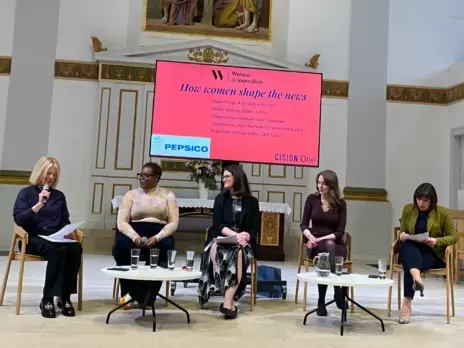The Prime Minister Gordon Brown has announced five concessions to demonstrate he is in favour of open Government.
Speaking at the University of Westminster last week, he:
• scrapped proposals to massively increase the number of FoI requests rejected on cost grounds;
• announced the Government is to consult on opening up more bodies that perform public functions to the Freedom of Information Act;
• abandoned plans to allow coroners’ courts to act in secret;
• asked Associated Newspapers editor-in-chief Paul Dacre to examine whether the 30-year rule on publishing government documents could be lowered;
• made clear he would not take up Tony Blair’s parting suggestion that the Government should consider whether newspaper journalists should be regulated in the same way as broadcasters.
Regulation
Brown said: ‘We agree with the select committee on culture that a free press is the hallmark of our democracy. There is no case for statutory regulation of the press.
‘Self-regulation of the press should be maintained and it is for the publishers themselves to demonstrate by their decisions that they can sustain and bolster public confidence in the way information is gathered and used.”.
Brown pledged to ‘respect the freedoms of the press’and ‘remove barriers to investigative journalism”.
In a wide-ranging speech on liberty, he spoke of his ‘determination to subject the State to greater scrutiny”.
He said: ‘Because liberty cannot flourish in the darkness, our rights and freedoms are protected by the daylight of public scrutiny as much as by the decisions of Parliament or independent judges.
‘So it is clear that to protect individual liberty we should have the freest possible flow of information between the Government and the people.”
‘Landmark legislation’
Brown called the Freedom of Information Act a ‘landmark piece of legislation”. He said: ‘FoI can be inconvenient, at times frustrating and indeed embarrassing for governments. But FoI is the right course because government belongs to the people, not the politicians.”
Brown said the Government would investigate public access to historical documents and said it was an ‘irony’that some public documents concerning current events can be requested using FoI but similar ones made 20 or 25 years ago are automatically withheld. Under current rules, many documents are transferred to the national archives after 30 years.
Police rights
A new code regulating the rights of police to enter homes and offices without permission could be drawn up, according to Brown, bringing as many as 250 separate provisions into one code.
He said: ‘I share the concerns about the need for additional protections for the liberties and rights of the citizen.”
Brown added that he was working with the Home Secretary to clarify the law to provide ‘the greatest possible protection for the individual”.
Email pged@pressgazette.co.uk to point out mistakes, provide story tips or send in a letter for publication on our "Letters Page" blog






